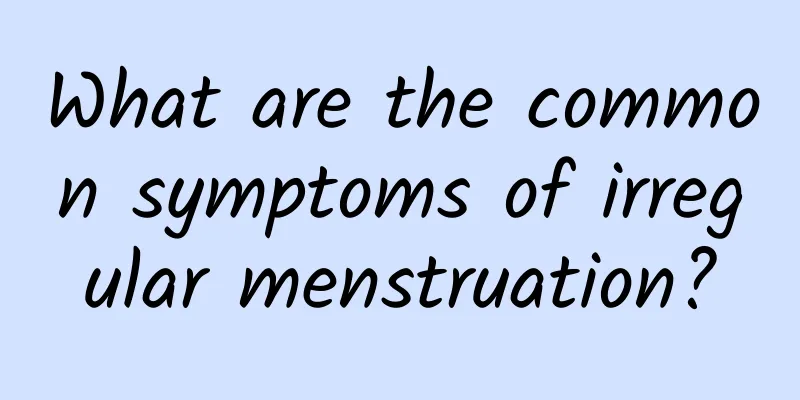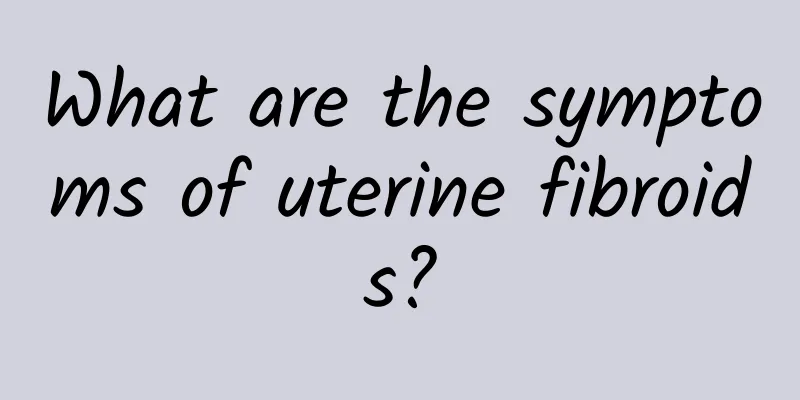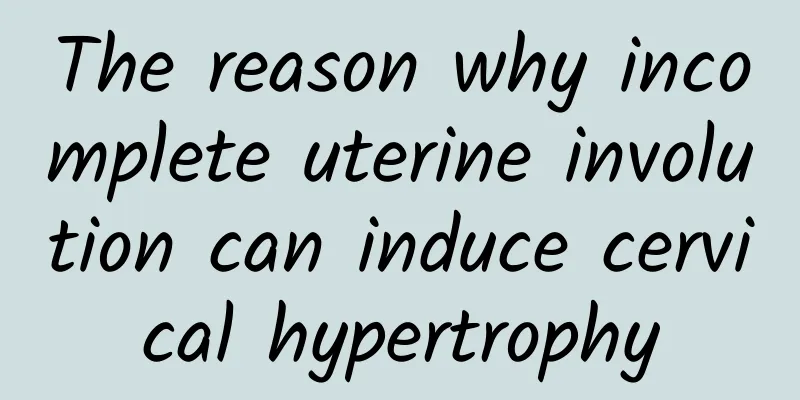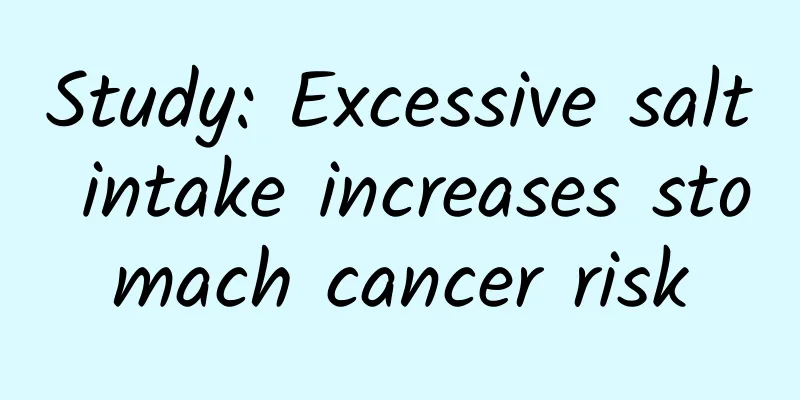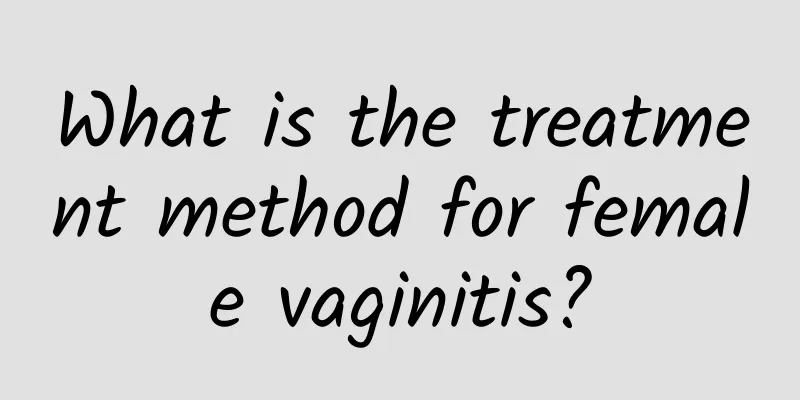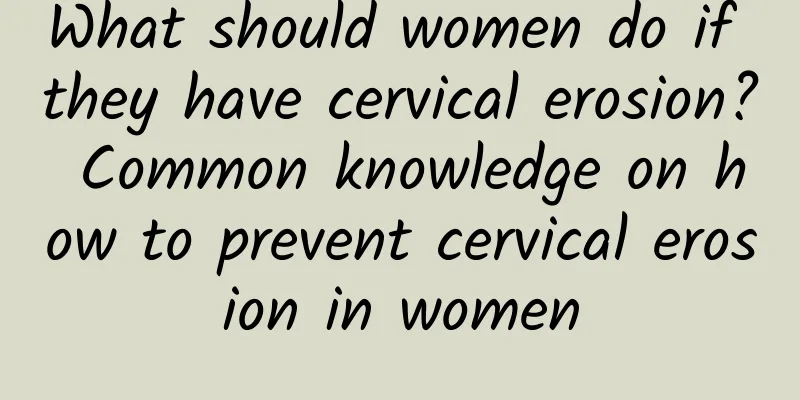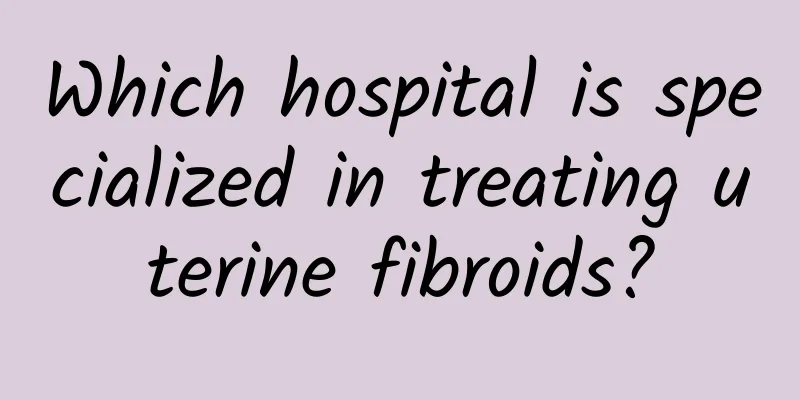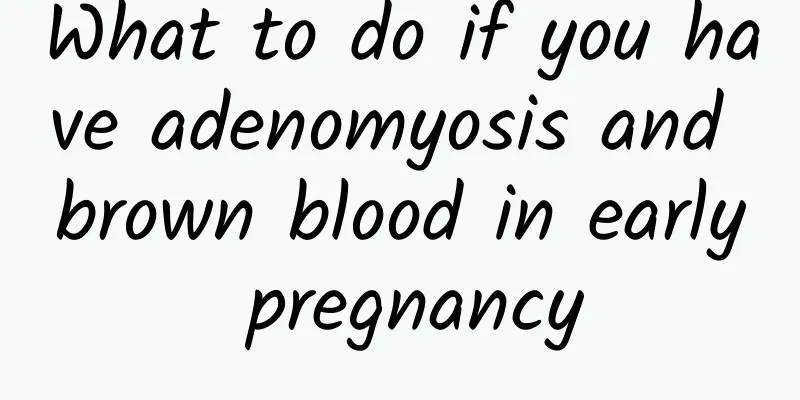Chocolate cysts: a terrifying time bomb
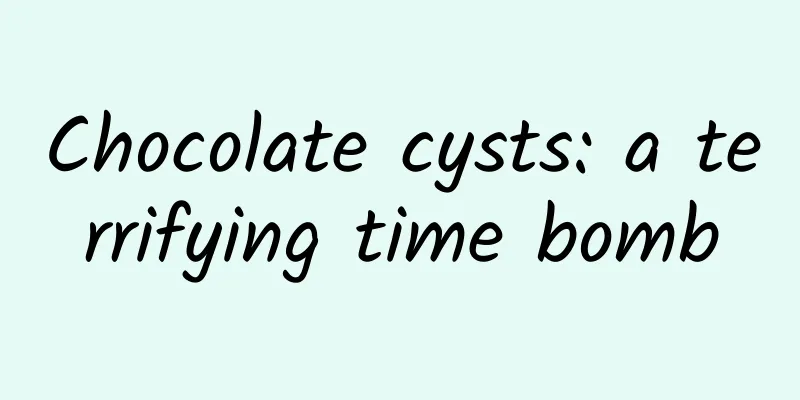
|
Ovarian chocolate cyst, also known as ovarian endometriosis cyst, is a disease caused by the endometrium "crossing the ocean" and "immigrating" to the ovary. When menstruation comes, the ectopic endometrium "residing" in the ovary will also have "menstrual"-like bleeding, and the "menstrual blood" cannot be discharged from the body and has to be retained in the ovary. Month after month, year after year, the "menstrual blood" retained in the ovary accumulates more and more, forming a cyst from small to large, which is medically called "ovarian endometriosis cyst". Because the blood in the cyst is old blood that has been retained for a long time and looks like chocolate paste, it is also called "ovarian chocolate cyst". Most patients are treated with medication How should chocolate cysts be treated when they bring such great pain to patients? Currently, many drugs are used clinically to treat this disease, such as Neimeitong, Danazol, Guizhi Fuling Capsule and other drugs. Through the action of drugs, patients can temporarily stop menstruating for 3 to 6 months, and the endometrium in the ovaries will not bleed, so the cysts in the ovaries may shrink. During menopause, symptoms such as dysmenorrhea can completely disappear, but it is unlikely that chocolate cysts in the ovaries will completely disappear, and there is still a possibility of recurrence after stopping the drug. Consider surgery for large cysts Surgery is a way to cure this disease. Patients with large cysts and ineffective drug treatment should consider surgery. The surgical methods include minimally invasive laparoscopic surgery and laparotomy. For patients over 45 years old, if the chocolate cyst is large and continues to grow, or if the diagnosis is not clear and it is suspected to be a tumor of other nature, laparotomy should be performed, and if necessary, the uterus and ovaries should be removed to achieve the purpose of once and for all. Similarly, for women who do not want to have children, radical treatment can also be taken. Laparoscopic surgery to remove the diseased ovary can also achieve the purpose of alleviating symptoms. For patients who have not given birth, the ovarian function should be preserved as much as possible during surgery, the cyst should be removed, and the good ovary should be left. For women under 50 years old, if one can be preserved, even if it is only half of a healthy ovary, it should be done as much as possible, because the ovary is a relatively important sex hormone secreting tissue. However, patients can be comforted by the fact that ovarian chocolate cysts are only a type of ovarian tumor-like lesion, and the chances of them turning into malignant tumors are very small. |
<<: Symptoms of polycystic ovary syndrome If you have these 5 symptoms, you should pay attention
>>: Don’t let premature ovarian failure end your youth
Recommend
Can I eat donkey-hide gelatin if I have pelvic inflammatory disease? But don't eat too much
Donkey-hide gelatin is a very good food with many...
Is uterine fibroid 2.7*1.8cm serious?
Uterine fibroids are 2.7*1.8cm. If there are no o...
Why can't you eat longan when you have uterine fibroids? Why can't you eat longan when you have uterine fibroids?
Why can't you eat longan if you have uterine ...
What are the clinical manifestations of pelvic inflammatory disease?
Pelvic inflammatory disease has a certain impact ...
Can I still have a baby after curing an ectopic pregnancy?
Before performing an ectopic pregnancy surgery, t...
A brief introduction to the four major symptoms of cervical erosion
Symptoms of cervical erosion appear in the early ...
People should pay more attention to the prevention of ovarian cysts
Nowadays, ovarian cysts are a very common gynecol...
Methods of TCM in regulating amenorrhea through syndrome differentiation
Patients with amenorrhea need to pay attention to...
What are the ultrasound sonographic manifestations of uterine fibroids?
The ultrasound image of uterine fibroids is relat...
What are the four major hazards of uterine fibroids? What are the symptoms of uterine fibroids?
Uterine fibroids are a common benign tumor in the...
What causes breast pain before period?
What causes breast pain before period? Breast pai...
How to regulate irregular menstruation for women? Experts teach you how to regulate irregular menstruation
When irregular menstruation occurs, we must pay a...
Why is cervicitis always difficult to cure? What complications can cervicitis cause in women?
Some women who have cervicitis actively go to the...
Can I use a pregnancy test stick to detect an ectopic pregnancy?
Pregnancy test sticks are a common pregnancy test...
Why do women suffer from threatened miscarriage?
Why do women suffer from threatened miscarriage? ...
